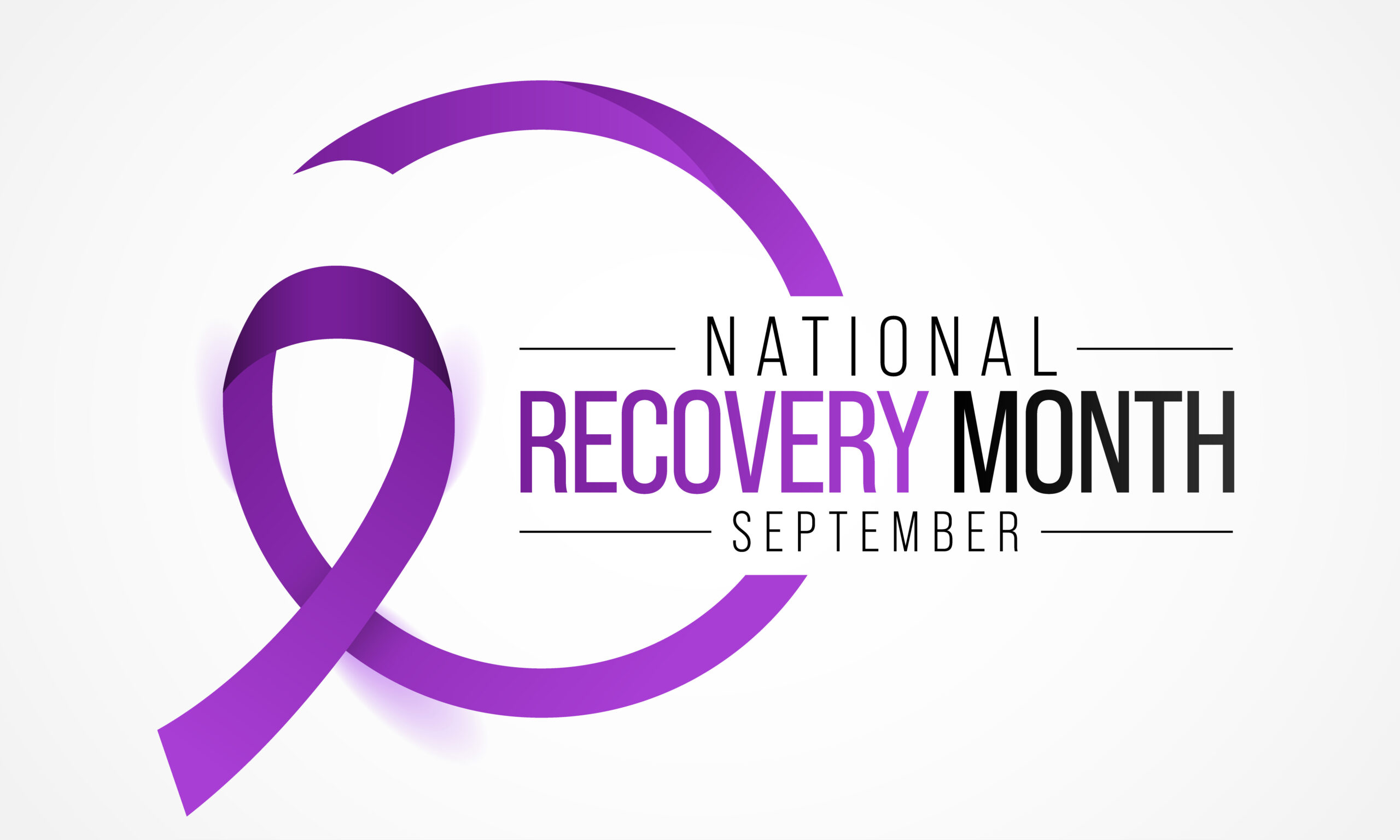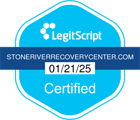National Recovery Month—a time dedicated to celebrating recovery from substance use and mental health disorders—is recognized every September. Since 1989, this month has been a powerful reminder that recovery is not just possible; it’s a journey worth every step. Whether you’re well along the path or just starting to consider it, this is your time to reflect on how far you’ve come, renew your commitment to wellness, and explore new ways to nurture your mind and body. Recovery is about making choices that honor your health and support your well-being every day.
Physical Wellness
Your physical health plays a crucial role in your recovery journey. When you take care of your body, you’re better equipped to handle the emotional and mental challenges of recovery. There are many ways to prioritize your physical wellness throughout recovery.
- Nutrition: Fuel your body with a balanced diet rich in fruits, vegetables, lean proteins, and whole grains. Proper nutrition can help repair the damage done by substance use and improve your mood and energy levels.
- Exercise: Regular physical activity releases endorphins, the body’s natural feel-good chemicals. Whether it’s a brisk walk, yoga, or strength training, find activities you enjoy and make them a part of your routine.
- Sleep: Getting enough sleep is essential for both your physical and mental health. Try to get seven to nine hours of quality sleep each night by establishing a consistent sleep schedule and creating a relaxing bedtime routine.
Mental and Emotional Well-being
Recovery is as much a mental and emotional journey as it is a physical one. Developing strategies to manage stress, cope with triggers, and build resilience is crucial. Some ways to improve your mental health are:
- Mindfulness and meditation: These practices can help you stay present, reduce anxiety, and develop a greater sense of self-awareness.
- Therapy: Individual or group therapy provides a safe space to explore your emotions, work through past traumas, and develop healthy coping mechanisms.
- Journaling: Writing down your thoughts and feelings can be a powerful tool for self-reflection and emotional processing.
Building Social Connections
Surrounding yourself with supportive, understanding people can make a significant difference in your recovery journey. Some ways to build a strong support network are:
- Join support groups: Attend recovery meetings or support groups such as AA or NA where you can connect with others who understand your experiences.
- Connect with a sponsor: Connect with a sponsor who can offer one-on-one guidance based on their own recovery experience. Their insights and accountability can be invaluable, especially during challenging times.
- Rebuild relationships: Work on mending relationships that may have been strained due to substance use, and work on developing new, healthy ones.
- Be involved with family: If possible, involve your family in your recovery process. Family therapy or education programs can help create a more supportive home environment.
- Volunteer: Giving back to your community provides a sense of purpose and allows you to build connections with like-minded individuals while making a positive impact.
- Attend therapy or counseling: Establish a relationship with a therapist or counselor specializing in addiction recovery. Regular sessions can provide personalized guidance, help you develop coping skills, and offer a safe space to process emotions.
Committing to Your Health and Well-Being
Making a commitment to your health and well-being is a powerful step in your recovery journey. Here are some strategies to help you stay committed:
- Set realistic goals: Start with goals that feel manageable and realistic. Small wins can build your confidence and keep you moving forward.
- Create a routine: Establish a daily routine that includes activities and habits that support your recovery. Consistency can be a great source of comfort and stability.
- Practice self-compassion: Be kind to yourself, especially during challenging times. Recovery is a process, and setbacks are a normal part of the journey.
- Celebrate milestones: Take time to acknowledge your progress, no matter how small it may seem. Every milestone is a testament to your strength and commitment.
- Stay accountable: Share your goals with someone you trust—a friend, family member, or sponsor—so they can cheer you on and help keep you on track.
Don’t hesitate to seek professional support when needed. If you are struggling with a substance use or mental health disorder, Stone River Recovery Center in San Antonio, Texas is here to help. To learn more about our program and services, please contact us today.








